What do Tour de France cyclists eat?
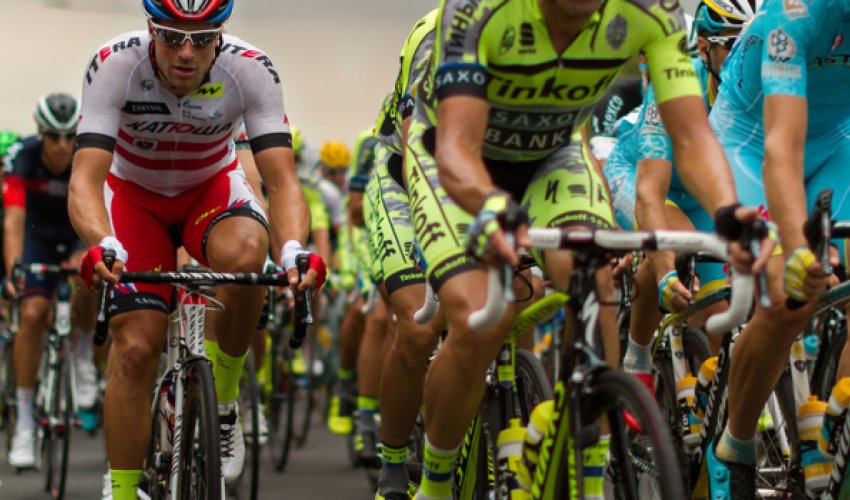
Arguably the toughest challenge any cyclist will face, The Tour de France demands riders cover 3,519 km across 21 stages in just 23 days - the equivalent of cycling from England to Cairo!
This epic journey requires a lot of mental determination, impressive fitness and a carefully honed, calorie-packed diet. With the riders on the bike nearly every day (there are a meagre two rest days during the entire tour), competitors must balance their high calorie requirements with the precise macronutrients required to quickly repair aching muscles. So how does an elite cyclist eat? We asked experts on The Tour to share their secrets...
How many calories do the riders eat each day?
The short answer? A lot. Factors that affect daily energy requirements include how long the stage is, the terrain to be covered, and the body weight of the rider. "Calorie requirements vary from day to day, depending on the demands and profile of the specific stage. Flat stages generally require less energy than mountain stages," Dr James Morton, Head of Nutrition for Team Sky, explains. "On average, Grand Tour riders ingest between 5000 and 8000 kcal per day."
What are the nutritional challenges facing riders?
Under-fuelling. It can be difficult for the riders to consume the nutrients they need, as Corinne Reinhard, Senior EU Sport Nutrition Manager at PowerBar, describes. "Suppression of appetite and meal fatigue due to eating the same carbohydrate-rich foods every day for weeks must be managed. Gastrointestinal problems can also occur, so food must be selected carefully and tailored to the individual needs and preferences of the rider."
Over-fuelling. Dr Morton explains: "The main challenge is to promote performance and recovery from each stage, whilst making sure not to ‘over-fuel’. If riders over-fuel on multiple stages this could lead to weight gain, which could be disastrous for the third week of the Tour. Even a 1kg gain in weight during a stage race could be the difference between winning and losing."
Lack of time. Judith Haudum, nutritionist for the BMC Racing Team, describes how every minute counts. "Time-pressed riders need to eat on the bike to fuel their bodies - taking in the right amount without upsetting the stomach certainly presents a challenge. Dinners can get pushed back due to late finishes but riders need their sleep to recover, so the aim is to manage energy balance while mitigating any impact on sleep quality."
What do riders eat each day?
"Breakfast starts with a mix of carbohydrate options, including porridge, pasta, rice, quinoa, assorted breads, plus vegetable and fruit juices" Dr Morton says. "Additionally, we ensure high protein intake at breakfast through foods such as eggs, Greek yogurt and smoked salmon. Riders may have some carbohydrate snacks while travelling, such as bananas or protein bars. During the race, they will then refuel on a mix of homemade rice cakes and bespoke products including bars and gels. We have two outstanding chefs who ensure that our evening meal tastes great, looks great and does what it needs to do – provide plenty of carbohydrates to replenish energy and plenty of protein for recovery."
How do the riders stay hydrated?
"The only way to avoid excessive dehydration (more than 3% body weight loss) is through sufficient fluid intake before, during and after riding," Reinhard tells us. ‘Needs are highly individual- there are many factors like body weight, weather conditions or exercise intensity that influences fluid losses, so the current recommendations are to tailor fluid intake to individual sweat rates.
A more practical way for athletes to monitor hydration changes is via body mass (1kg of sweat loss = 1kg of body weight), with corrections made for fluid and food intake, as well as urine losses. Measuring this during many training sessions in different conditions will allow us to develop a plan for each rider.
Is when riders eat as important as what they eat?
According to Dr Morton, the answer is an unequivocal yes. "Our philosophy is the three T’s: Timing, Type and Total. We spend a lot of time educating the riders on the importance of all of these three components of nutrition. There is no point consuming the right type of food in the right amount but at the wrong time. Timing is the first thing we often look to improve in a rider’s diet."
How do the riders eat to recover after racing?
All the experts told us riders eat immediately after each stage in order to kick-start recovery. Reinhard explains, "Recovery nutrition starts immediately after cycling. The main components are carbohydrates to replenish glycogen stores, high-quality protein for repairing damaged muscle tissue and fluid and electrolytes (especially sodium) for effective rehydration. It’s important not to forget that sleep plays a major role during recovery and that nutrition also influences this period. A sub-optimal evening meal can influence sleep quality and reduce overnight recovery." She also cautions, "No two riders will have the same nutritional requirements - a one-size-fits-all recovery nutrition strategy does not exist!"
How do the riders ensure that they maintain their muscle mass while staying at a competitive weight?
Reinhard believes it's a challenge to maintain an equilibrium, ‘The risk for weight loss and muscle loss is very high during the Tour de France and the vast majority of riders lose significant weight over the three weeks. To reduce lean tissue loss, riders need to try and stay in energy balance and proactively consume high quality protein sources in the right amounts, at the right time."
Dr Morton agrees. "Ultimately, it is all about ensuring adequate energy availability and, crucially, sufficient protein intake. We encourage protein intake every three hours and also right before bed, through a combination of foods and bespoke products. Endurance athletes often do not appreciate the role of protein but, thankfully, Team Sky riders fully understand the necessity of protein to maintain muscle mass and promote recovery."
There’s an assumption that riders can eat whatever they want, since they’re burning so much energy. Is quality of food as important as quantity?
"Of course - this is one of the biggest myths in sports nutrition," Dr Morton says. ‘The type of calories consumed can make all the difference to performance and recovery. The saying that you can’t put petrol in a diesel engine is entirely true. We can’t put the wrong fuel in the best athletes in the world!"
Have you been inspired to get on your bike? We've got plenty more advice and inspiration for you...
(BBC)
www.ann.az
Similar news
Similar news

























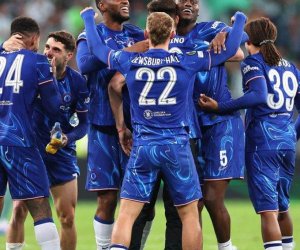
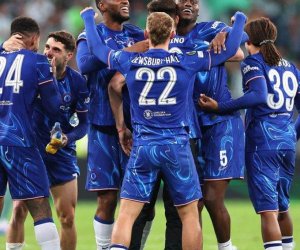
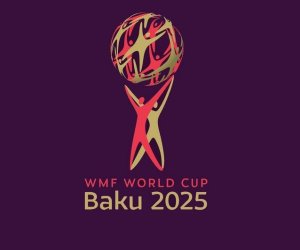
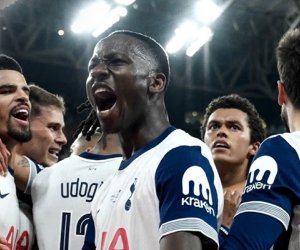
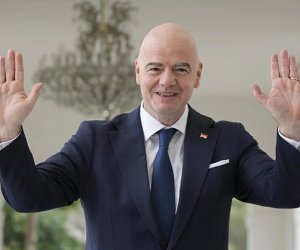

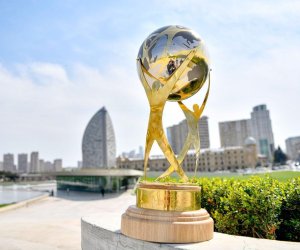




 Photo
Photo 



 Video
Video 

